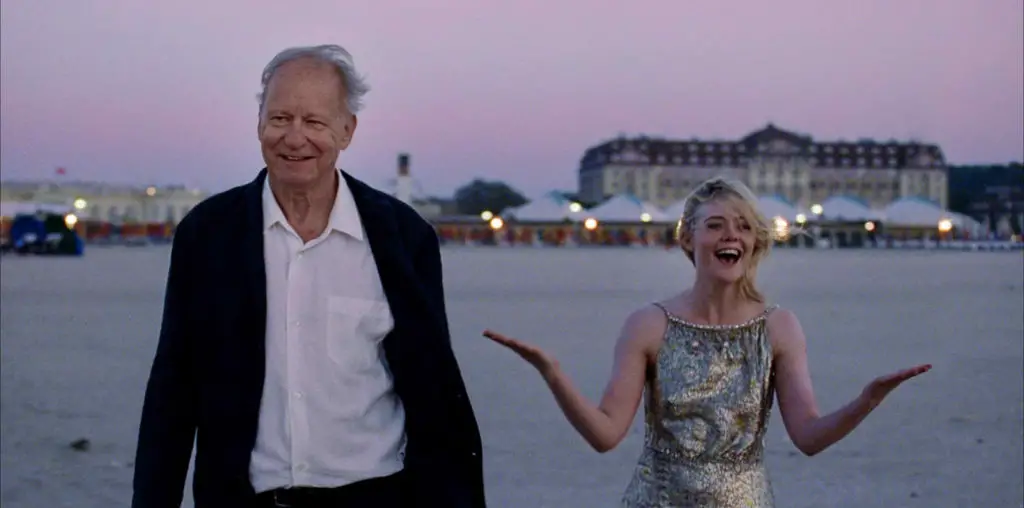
The oldest film festival in North America showcasing independent and experimental films, The Ann Arbor Film Festival (AAFF) announced today that it has settled a federal lawsuit, filed by the ACLU on its behalf, against the State of Michigan. In exchange for the state legislature repealing unconstitutional restrictions on arts funding, the AAFF and ACLU agreed to voluntarily dismiss the lawsuit.
Since its founding in 1963, the festival has screened works by filmmakers like George Lucas, Yoko Ono, Brian DePalma, Gus Van Sant, Andy Warhol, Lawrence Kasdan, Kenneth Anger, Will Vinton and Barbara Hammer. It is a non-partisan festival created to celebrate film as an art form, to exhibit work that challenges ideals, pushes techniques and styles in artistic expression, and celebrates cultures and countercultures from around the world.
The lawsuit, filed in March 2007 in U.S. District Court in Detroit, claimed that the State of Michigan unconstitutionally punished the AAFF for screening films that the state deemed “objectionable” by withdrawing undistributed Michigan Council for Arts and Cultural Affairs (MCACA) program grants. The legislature had concluded that the AAFF had violated the MCACA speech restrictions and would not be eligible for funding.
These vague speech restrictions included a ban on funding art that contained “depictions of flag desecration” and “displays of sex acts.” Some legislators specifically accused the AAFF of showing films that contained “displays of sex acts” and labeled these films as “pornographic,” a charge vehemently denied by the AAFF.
The new guidelines for arts funding, resulting from the AAFF’s lawsuit, mirror the National Endowment for the Arts guidelines, which have been upheld by the U.S. Supreme Court. These flexible guidelines state that “Artistic excellence and artistic merit are the criteria by which applications will be judged, taking into consideration general standards of decency and respect for the diverse beliefs and values of the people of this state.”
“This decision isn’t only a victory for artistic freedom of expression, but a reminder to stand up and ensure that our government is held accountable for the power they wield,” said Christen McArdle, AAFF Executive Director. “We are pleased that arbitrary guidelines will no longer be used to deny artists their creative rights.”
Documentary filmmaker Ken Burns, one of the AAFF’s prominent supporters, shared his thoughts about the lawsuit, “I am thrilled by this decision–it protects us all, even those who might be inclined to limit this great Festival’s free expression.”
After funding was restricted, the AAFF Board of Directors voted unanimously to forego state funding for as long as the restrictions were in place in order to safeguard the festival’s international reputation as an uncensored channel for artists and filmmakers showcasing independent and experimental films. Prior to the restrictions, the festival had received funding from the state for the past 10 years.
To recover financially, the Ann Arbor Film Festival recently launched its Endangered fundraising campaign, a creative and participatory online call to action for people worldwide to contribute support. The campaign seeks to offset the financial hardship created by this prolonged funding controversy by raising $75,000 by the end of January 2008. Supporters of the Endangered campaign have already contributed more than ½ the monies needed. The campaign has generated public awareness both locally and nationally about this critical issue.
